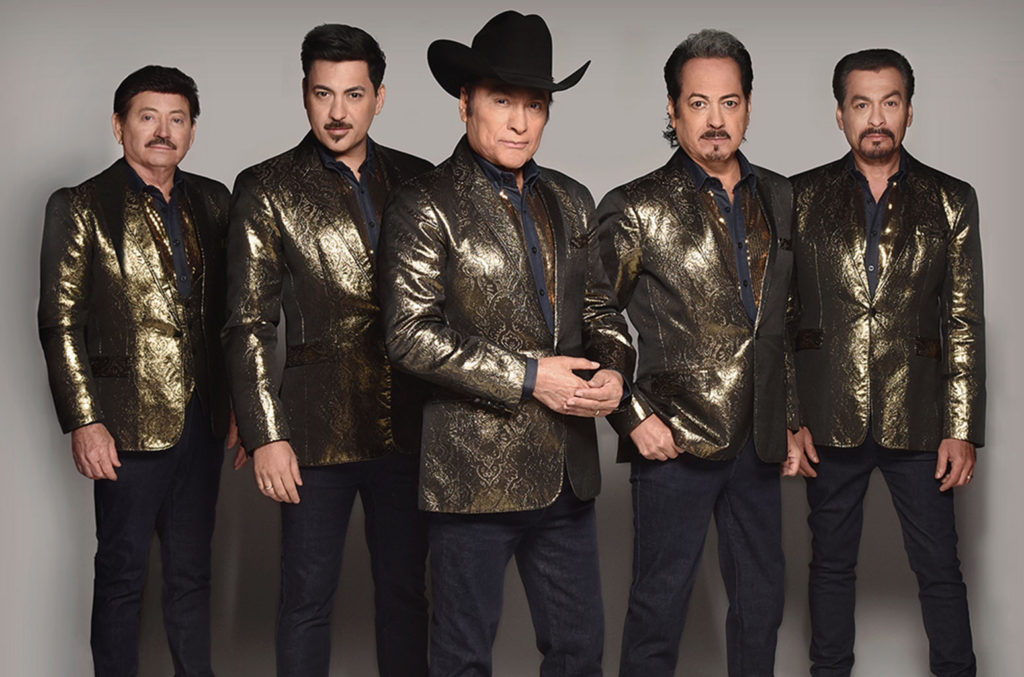
The UCLA Chicano Research Center has continued to preserve key aspects of Chicano culture. Creative efforts have leveraged resources from within the community to preserve identity and memory of Chicano culture. An interesting excerpt from an LA Times article here notes how a class based bifurcation occurs within the Chicano community, which is often exploited by conservative forces.
“The Mexican labels didn’t think poor people bought records,” Strachwitz says. “What the American labels understood, and still understand, is that poor Mexicans in the U.S. are strongly connected to their music and will spend all they have to buy it.”
Because it is so often associated with poor people and immigrants, much Mexican regional folk music, modern and historic, remains a source of ridicule for assimilated middle- and upper-class Latinos, including many in Los Angeles, according to Hernandez.
For that reason, he says, it is much more common to find assimilated and educated Chicanos dancing to Cuban son, Puerto Rican salsa or Spanish-language rock than to corridos or norteños–because the other genres are associated with middle- and upper-class values.
The article recalls when a UCLA researcher connected an effort to preserve a vast collection of Chicano music and paired it with the financing from superstars, los Tigres del Norte.





1 thought on “Importance of Conserving Chicano Identity Recognized At UCLA: Los Tigres Del Norte Foundation”